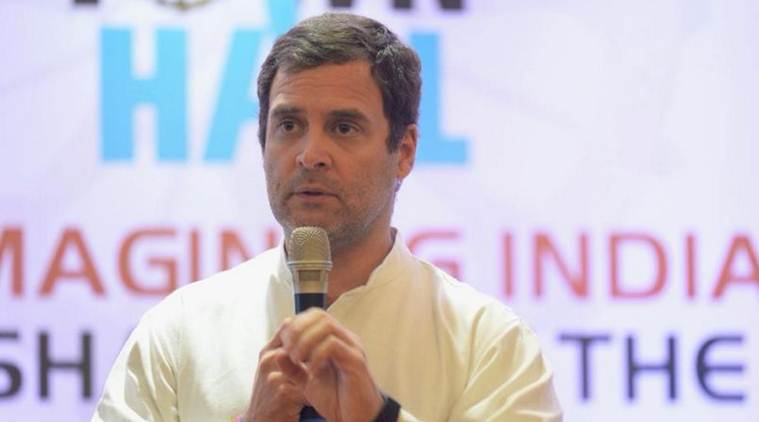Out of my mind: Income guarantees
The idea of giving a bit more to the poor has been the perennial policy of the Congress.

Rahul Gandhi has proposed a Minimum Income Guarantee (MIG). It is the first serious economic proposal he has made since he became president of the party. Until now, he has only made personal attacks on the Prime Minister. But MIG is not new. The Congress has always proposed some scheme to make poverty tolerable rather than remove it. There is a saying: “Don’t give a hungry man fish. Give him a fishing rod.” The Congress has never subscribed to that.
The idea of giving a bit more to the poor has been the perennial policy of the Congress. It amounts not to Garibi Hatao but Garibi Nibhao. It also gives the recipients perverse incentive to stay poor. In this, it is similar to loan waivers to farmers, which give them an incentive not to repay loans. In 2018, loan waivers cost Rs 2,23,638 crore for 34 lakh farmers, or Rs 77,000 per farmer, most of them rich. To remove, rather than alleviate, poverty, spending on education and health would have been more effective than food subsidies.
Universal Basic Income (UBI) was part of the Economic Report of then Chief Economic Advisor Arvind Subramanian. UBI has the advantage of being universal like the franchise. Everyone gets it. MIG is selective. The issue with either UBI or MIG is the affordability. There already are subsidies and entitlements for BPL households.
The Indian government collects less than 20 per cent of GDP in tax. It has a deficit of 3 per cent plus. We have to ask, what proportion of the population receives the benefit and what proportion of the per capita income will the beneficiary receive? UBI would go to all adults, who are two-thirds of the population. Per capita income is about Rs 1.5 lakh, just under Rs 3,000 per week per person or
Rs 4,500 per adult. What fraction of
Rs 4,500 per adult. What fraction of
Rs 4,500 can you afford to give to each? If the government collects only 20 per cent, then you have to ask how much of Rs 900 can you spare from all other expenses to give as basic income? One per cent will be Rs 45 per person per week, around 5 per cent of the GDP. That is unaffordable.
Rahul Gandhi’s scheme may cover only 20 per cent of the population. If it gives Rs 1,000 per household — two adults and three children — per week, the cost for five crore households is about Rs 2.1 lakh crore. It comes to around 1 per cent of GDP. But the problem of perverse incentives, avoided by universal payments, remains. But UBI is expensive.










.png)




























No hay comentarios:
Publicar un comentario